When I was first diagnosed, I went through 18 months of medication trials without success. I initially tried a bunch of antidepressants thanks to misdiagnosis and then I went through mood stabilizers when it was confirmed that I had bipolar disorder.
And every medication was pretty much the same. I would take the drug, it would induce horrible side effects, I wouldn’t be able to tolerate the drug and then I would have to try something else. It was unadulterated hell.
After 18 months of that, I went to my psychiatrist’s appointment, sat down and looked at my doctor as he threw his hands in the air and said, “I can’t help you. You’re no longer my patient.”
My doctor had fired me.
Depression – Breaking Bipolar
Twice lately I have heard people say that the secret to curing depression is just keeping yourself wickedly busy. If you’re busy enough, they say, you’ll have no time to be depressed. (I didn’t realize that one needed to book an appointment for depression.)
This, of course, is absolutely hogwash and just one of the dumb ideas that people with no experience with major depression have. It’s just one of the ideas we have to politely roll our eyes at and then get on with the business of actually treating our depressions.
I’m useless in the afternoon. My functional, working hours are extremely limited. And this is thanks to my bipolar disorder. It’s like every character I type and every minute that goes by zaps just a little bit more of me until, by mid-day, there’s nothing left.
This is hugely disheartening. I want to be like everyone else. In fact, I want to be like me a few years ago – me when I worked a full day – like everyone else.
But the fact of the matter is, I’m not like everyone else in this regard. In this regard I’m limited. In this regard I’m disabled.
This morning, a girl from the United States (I’m in Canada) contacted me and said she had taken 40 pills in a suicide attempt and now needed help immediately.
Please don’t do this.
Please don’t treat the internet like it’s 9-1-1. It isn’t.
It just so happened that I was checking the comments on my blog three minutes after this girl posted this comment so I caught it in time. (Help was called.) But I very much could have missed it. It could have taken me hours to get to this comment. I get many comments and emails and sometimes it takes me a long time to get around to reading them, let alone responding. I am, in no way, an emergency service.
Reaching out to someone is always better than reaching out to no one, but please, if you need mental health help, know who to reach out to.
I deal with suicide a lot in my writings. I’ve talked about people who have just attempted suicide, those left behind by suicide and the family and friends of those who have attempted suicide, among many other subjects. That’s because suicide is a subject that I think is very important. It’s critical to break down the walls of silence that keep people who have contemplated or attempted suicide at arm’s length from everyone else. Thinking about suicide or attempting suicide doesn’t mean there’s anything wrong with you; it just means that you have sought a way out of an extraordinary amount of pain that wasn’t the best way.
But the way in which suicide is written about matters because of a phenomenon known as suicide contagion. This is the act of copycat suicides and believe it or not, it is a real problem. The way a suicide is reported in the media actually affects the number of people who attempt suicide.
So if you plan on talking about suicide – and I encourage you to do so – think about these guidelines on how to do it.
Being sick, I think with anything, can be extremely isolating. Being sick, you’re not “like everyone else.” Be it cancer, HIV, diabetes or bipolar disorder, there is a moment when you realize that you’re different and that difference is isolating.
This is a form of internal isolation. But, of course, isolation can be external every bit as much as it can be internal. And sadly, most people with bipolar disorder experience heaps of both.
Many people with bipolar disorder hold down jobs, just like everyone else. We get up, swear in traffic, survive on coffee and rant about our bosses behind their backs.
But people with bipolar disorder or another mental illness have special challenges when it comes to work. We’re sick more often, we need time off for medical appointments and stress affects us more than your average person. Here are a few tips on handling work and bipolar disorder.
I have had a lot of bad bipolar days in my life. Days when I was incapacitated. Days when I couldn’t make food for myself. Days when I couldn’t work. Days when I couldn’t talk to anyone. Days when I just couldn’t function.
On these days, I’m sick. And in some regards, it’s a type of sickness that is like many others. I feel like trash, I don’t want to move from the couch and everything hurts – that could describe a cold or the flu as well. But as it happens, it also described a bad day for depression or bipolar disorder.
But here’s the thing, when someone calls and asks if I want to have coffee, saying I’m too depressed isn’t seen as acceptable. That’s seen as weakness. That’s seen as something wrong with me. Whereas, if I said I was sick with a cold, that would be alright, because, after all, everyone gets colds and when they get them, it’s okay not to feel like socializing.
And I can’t tell you the number of days I’ve said I was sick with the flu, or a cold, or a stomach bug or anything but sick with bipolar. But really, that’s what I am.
Even amongst people with bipolar disorder, the disorder is highly contested. People argue about what it’s “really” like to have bipolar disorder. What mania is like. What depression is like. And perhaps most hotly debated of all is what the appropriate treatment of the symptoms is – antipsychotics, mood stabilizers, antidepressants, psychotherapies, alternative treatments and so on. People argue about virtually everything.
And one of the reasons why this is the case is because the experience of bipolar disorder is so vastly different. Some people experience manic psychosis, others do not. Some people experience delusional depression, others do not. Some people experience suicidality, others do not. And so on. Severity varies as do symptoms.
And I would argue that much of this disagreement stems from the two basic types of bipolar disorder: well-controlled and not well-controlled bipolar disorder.
In my lifetime I’ve been a very suicidal girl. I’ve been fighting off urges of suicide since I was about 13 years old, actually. Yes, effective treatment makes these disappear but treatment is, alas, not always effective.
But although I’ve thought of death more in this lifetime than anyone should, I’ve never actually been around a dying person. I’ve never seen a person so close to death that you can see the shadow of the scythe. That is, until now.

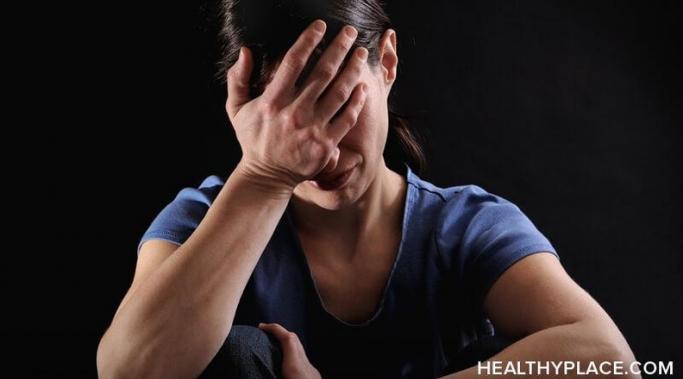
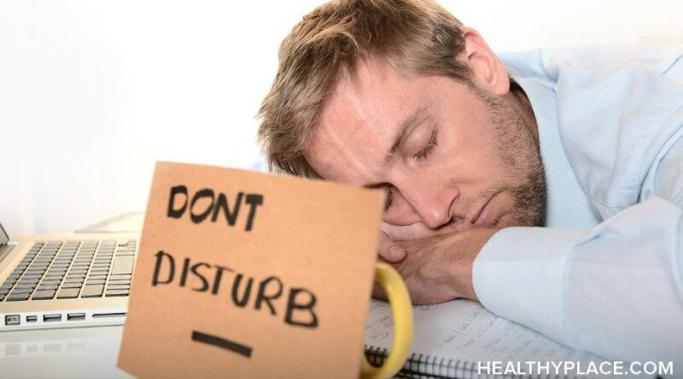
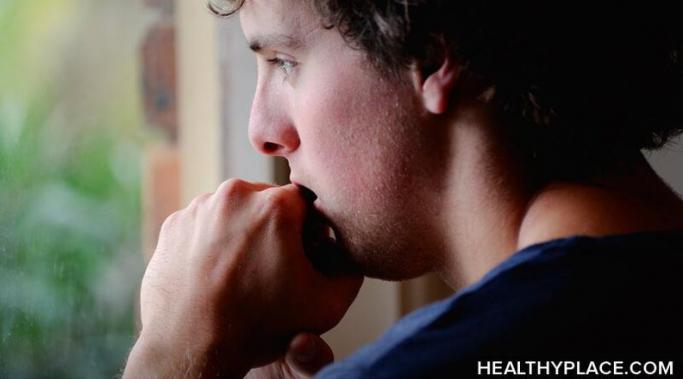

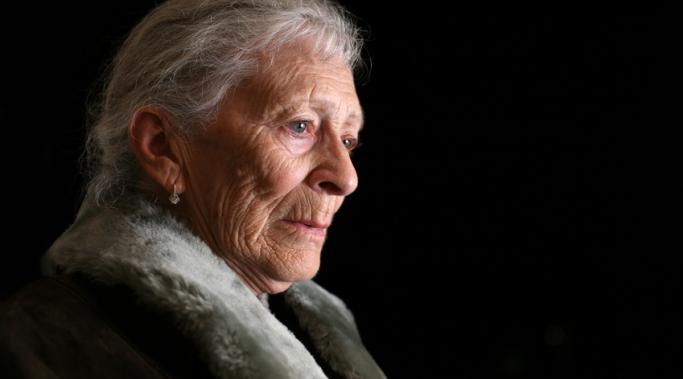

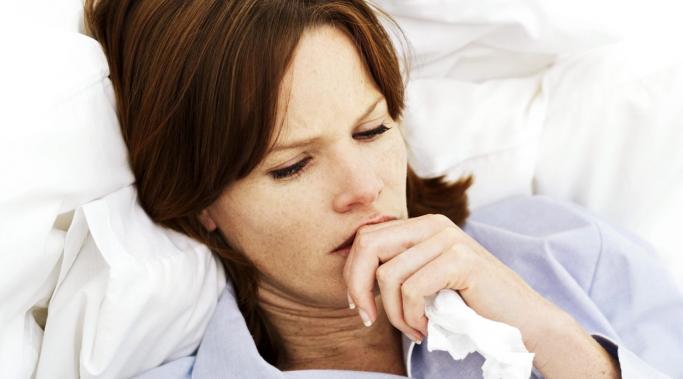
![MC900441394[1]](/sites/default/files/styles/blog_listing/public/uploads/2013/08/MC9004413941.png?itok=UHwwmyXi)
